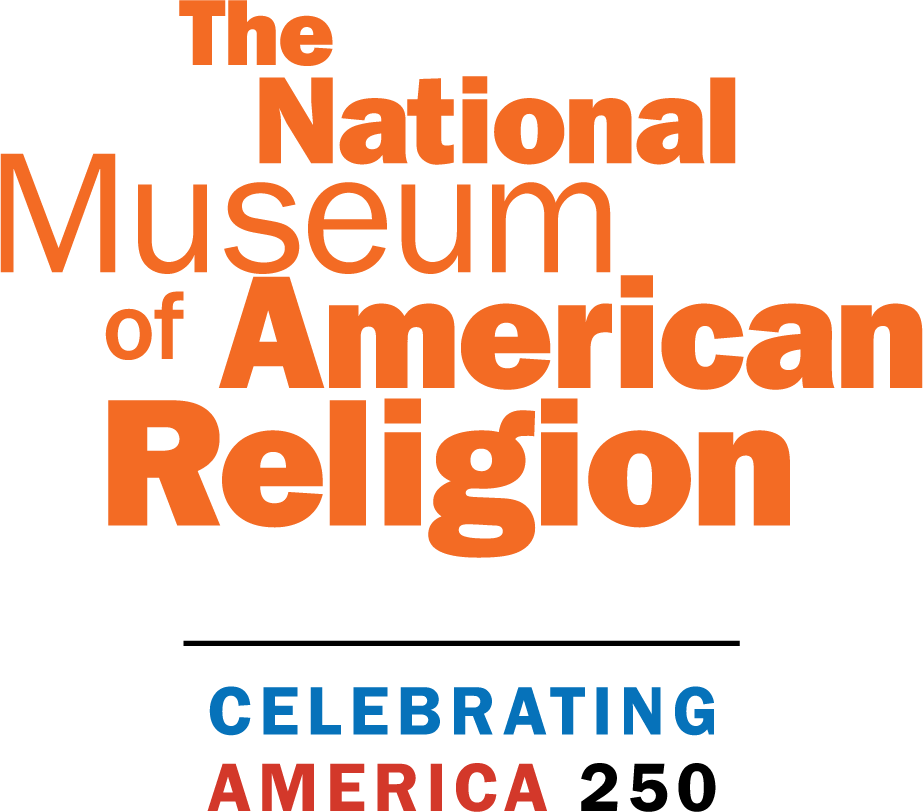Religious Scholars
Religious Scholars of American religious history are foundational to understanding the complex interplay between faith and the nation’s founding. Their research unearths forgotten narratives, analyzes pivotal conflicts, and highlights cultural shifts that have influenced societal structures from the colonial period onward. By identifying patterns and trends across diverse religious communities, these scholars offer insights that challenge monolithic narratives, illuminating the many strands of spiritual thought entwined with the birth and evolution of the United States.
In assembling these esteemed academics under the banner of our coalition, we strive to foster interdisciplinary conversations and support robust scholarship. Each participating scholar brings unique expertise—ranging from Indigenous religious practices to denominational histories, from comparative theological perspectives to societal implications of church-state relations. As you explore the profiles below, we encourage you to reach out, collaborate, and discover how their cutting-edge research can add to a more inclusive and accurate commemoration of America’s 250th anniversary.
Indigenous Peoples History
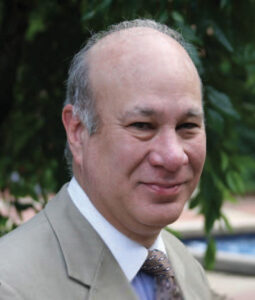
Jace Weaver
Professor of Religion and Native American Studies - Indigenous Americans - University of Georgia
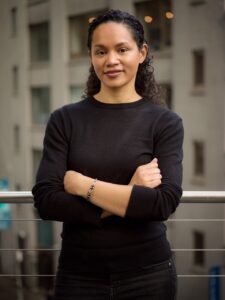
Tiffany Hale
Assistant Professor Department of Religion - Barnard College, Columbia University
Enslaved Africans History
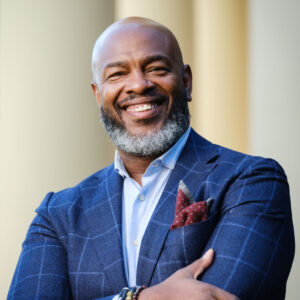
Derek Hicks
Associate Professor of Religion and Culture - Enslaved Africans - Wake Forest University
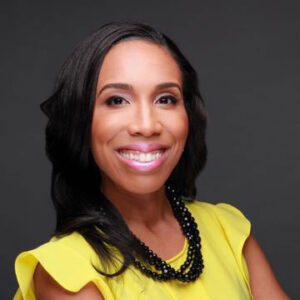
Alexis Wells-Oghoghomeh
Associate Professor of Religious Studies - Enslaved Africans - Stanford
General History
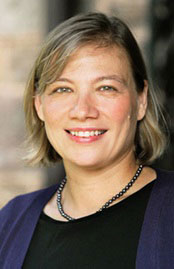
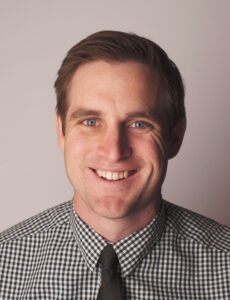
Spencer McBride
Historian - Church History Library, The Church of Jesus Christ of Latter-day Saints
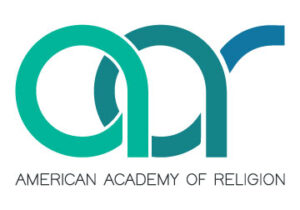
The religious scholars listed here serve as vital conduits between the past and the present, ensuring that the foundational narratives of American religious experience remain accessible. Their academic endeavors do more than recast historical events—they help modern audiences grapple with questions of identity, liberty, and cultural integration, all of which remain pressing today. Through continued scholarship and public engagement, these experts build a bridge from archival discoveries and oral histories to policy discussions and community dialogues.
As America moves toward its 250th anniversary, we anticipate fresh findings, collaborative projects, and newly surfaced historical documents that will redefine how we view religion’s place in American civic life. We invite you to support and follow the work of these scholars—by attending lectures, reading publications, and contributing to joint ventures that enrich collective knowledge. Together, we can ensure that the religious narratives of our nation’s founding stand as a testament to the diversity and dynamism that have shaped the United States from its earliest days.
